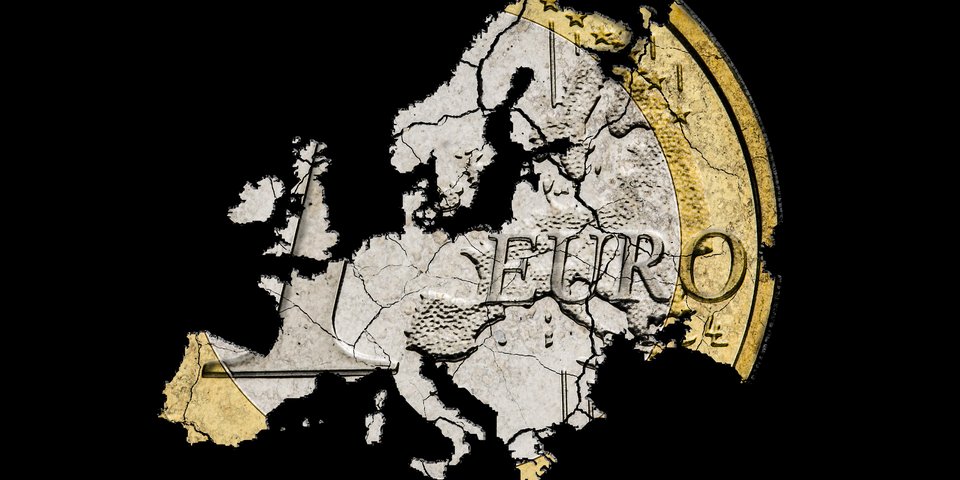 iStockphoto/martinwimmer
iStockphoto/martinwimmerItaly’s budget weighs on EU policy
Brussels of the opinion that social policy improvements can be financed through wealth redistribution in Italy.
GD/AD – 11/2018
The
new right-wing government in Italy is challenging Brussels and the traditional
euro rescue policy by insisting on higher public deficit, contrary to it being
needed. In Brussels, many experts believe that private wealth in Italy, which
is higher on average per capita than Germany, leaves sufficient scope for
distributing the costs of social benefits. Accordingly, Italy remains free to
introduce a basic provision for jobseekers, as long as this has a solid
financial basis.
The
anticipated effects have had a dramatic impact on the stock markets for weeks.
Although Brussels has been trying to get its voice heard, observers are of the
opinion that this will not happen. In fact, Brussels did not refuse a priori
similar infringements by other Member States in the past. As a result, France
had higher levels of new debt than ‘allowed’ for many years.
Italian
newspaper Corriere della Sera speculates that the new tough line taken by Brussels has something to do with
the character of the current Italian government. In any case, the coalition of
right-wing and left-wing populists knows how to unite Italians to get behind
them; Italians who in no way support the harsh extremist goals and practices of
those in power in Rome. The general rejection of ‘foreign control’ of the
budget and the often unsatisfactory role of the former ‘governo tecnico’ has
united sections of the population who are frustrated with social policy, even beyond
party lines.
Whatever
Brussels decides, the chances of it succeeding against the Italian government
are, according to insiders, not particularly good. If Italy were to truly
spiral out of control, there would be no rescue package capable of stemming
this. A crisis triggered by the Italian banks would have an EU-wide effect
within hours or days, including us in Germany and certainly in France, which is
heavily involved there.
According
to a report by newspaper Die Welt on
November 20, 2018, the newly elected EVP top candidate Manfred Weber has stated
that the economic and financial crisis has been ‘overcome’. Die Welt also reports that, in its view,
‘people across the continent are yearning to hear optimistic news once more.’
Even
though many economists have widely different opinions of how to tackle the euro
and debt crisis, a fundamental conflict as a result of the Italian financial
situation escalating does not go hand-in-hand with the EU’s pre-election
concept. Those in power in Rome are also unlikely to be prepared to give in,
especially since conflict with the EU, which is so unpopular in Italy, would
open up new voters.
